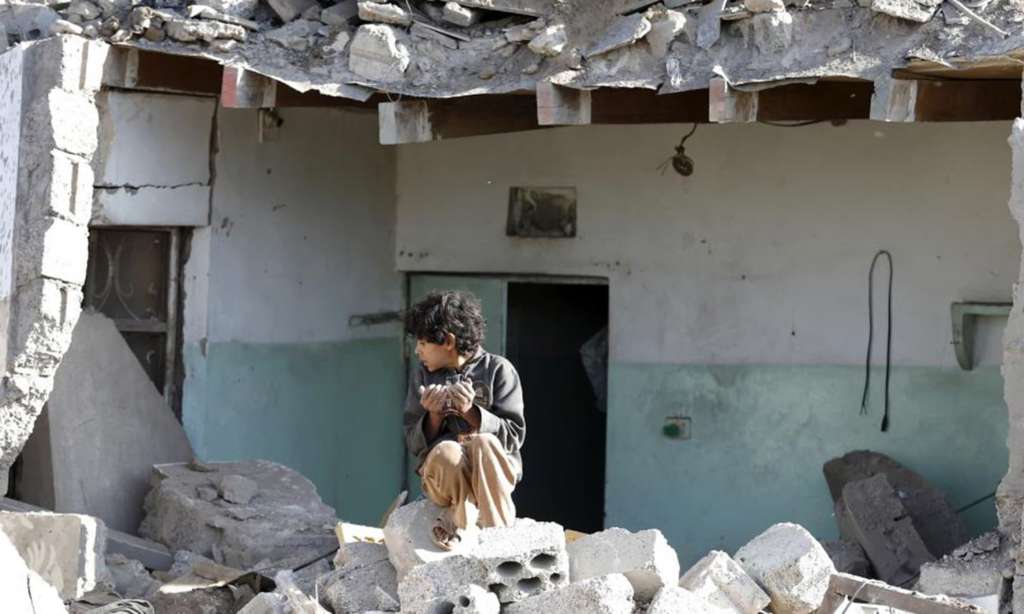Aden, Riyadh-Yemen’s Vice President and Army Deputy Chief Commander, Lieutenant General Ali Mohsen Al Ahmar, is finalizing the battle to liberate the capital Sana’a within the framework of a military operation that was launched last week. Well-informed sources said that Ahmar was mobilizing tribes located around the capital to fight with the national army.
The sources also said that the Yemeni vice president has held important meetings and (secret) talks with security and military leaders, as well as tribal sheikhs and political leaders from the General People’s Congress, who were supporting the rebels in Sana’a and Omran. The sources, however, declined to reveal the names of those who have recently joined the legitimate forces.
In the same context, Chargé d’Affaires of the Russian Embassy in Yemen Oleg Dremov rejected recent media reports that Russia could officially announce its support to the rebels’ political council.
In comments to Asharq Al-Awsat newspaper, Dremov said that, in line with U.N. Security Council Resolution 2216, Russia could not acknowledge two governments. He also stressed his country’s support to Yemen’s legitimate government and President Abd Rabbuh Mansour Hadi.
Yemeni Foreign Affairs Minister Abdul-Malik Al-Mekhlafi said that the Russian position has not changed towards its support to the legitimate government.
Speaking to Asharq Al-Awsat, Mekhlafi said that he would meet with Russian deputy foreign minister and special envoy for the Middle East, Mikhail Bogdanov, on Saturday in Jeddah.
He added that he contacted his Russian counterpart Sergei Lavrov, with whom he agreed on holding a bilateral meeting in New York next month to arrange the Yemeni minister’s visit to Russia.
For his part, Saudi Defense Ministry spokesman General Ahmed Asiri accused the rebels of using the peace talks to rearm.
“They were deceiving people by this negotiation, to re-organize their force, re-supplying their forces and getting back to fighting. They don’t have any political agenda,” Asiri, the Arab coalition’s spokesman, told Agence France Presse.
Asked how long the coalition can sustain the operation, Asiri said that the operation was “for national security, for (the) stability of the region.”
““It takes whatever it takes,” he added.
